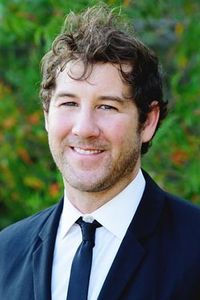Noted film industry professional, J.R. Nutt, has garnered widespread recognition for his impressive body of work, which includes a diverse range of cinematic endeavors. Among his most notable credits are the 2010 release, The Runaways, the 2008 comedy, Yes Man, and the critically acclaimed 1989 drama, Born on the Fourth of July.

























